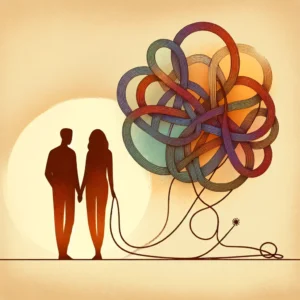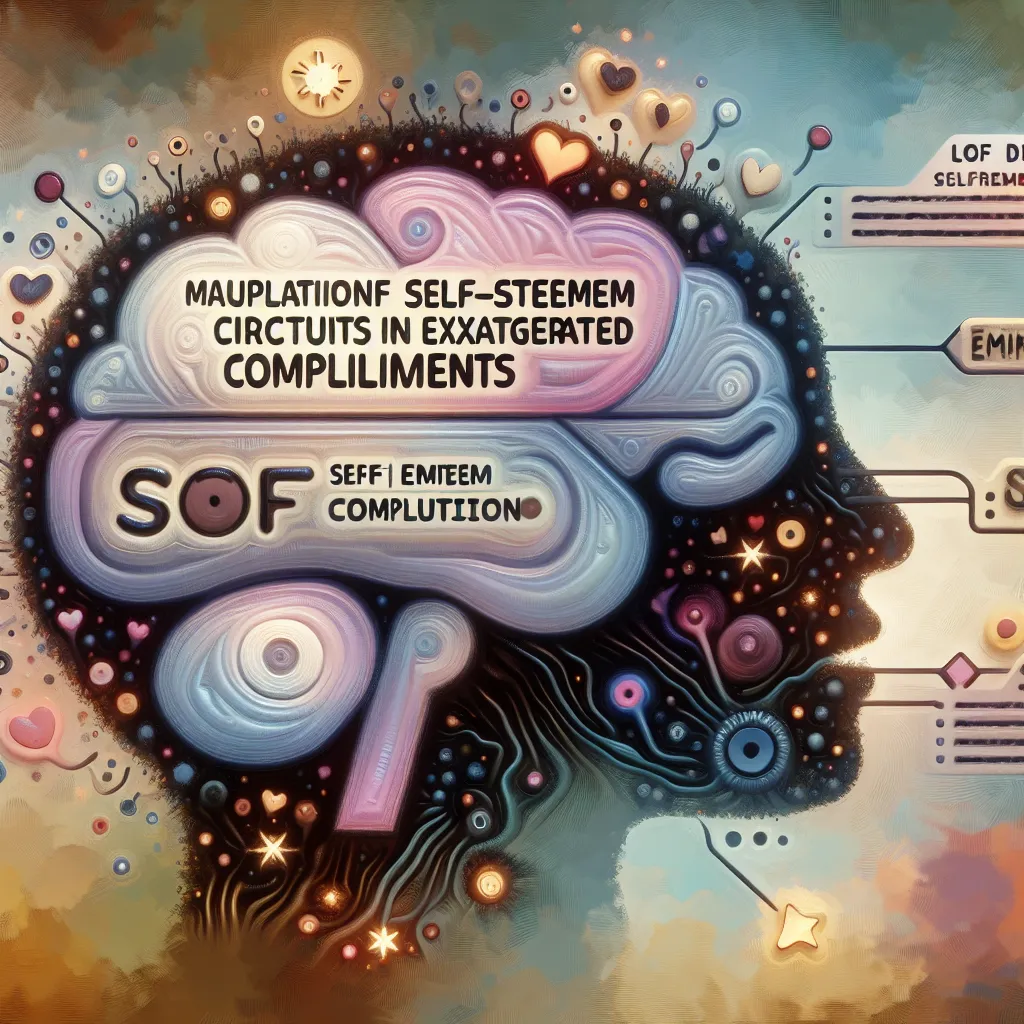Hello, relationship seekers!
Today, we’re diving deep into an important question about relationships: “What psychological patterns shape the excuses a cheating partner uses?” This is a delicate subject, but understanding it can provide valuable insights into human behavior and help build healthier relationships.
The Direct Answer
The excuses a cheating partner uses are shaped by several psychological patterns, such as cognitive dissonance, externalization of blame, and rationalization. These patterns are defense mechanisms that help the cheating partner cope with the guilt and anxiety caused by their actions. They also reflect an avoidance of responsibility and a lack of empathy towards the partner they’ve hurt.
Now, let’s explore the extensive evidence and details that support this answer:
1. Cognitive Dissonance
Cognitive dissonance is a significant psychological pattern that influences the excuses a cheating partner uses. It’s a state of mental discomfort that arises when a person’s actions contradict their beliefs or values.
A. Role of Cognitive Dissonance in Cheating
Cognitive dissonance plays a significant role in the way cheating partners justify their actions:
– Expert Perspectives: Relationship expert Dr. Shirley Glass, author of “Not Just Friends”, explains that cheating partners often create a distorted reality where their actions are justified to reduce dissonance. Psychologist Leon Festinger, who developed the theory of cognitive dissonance, argues that people will go to great lengths to reduce this discomfort, including creating excuses for their behavior.
– Psychological Research: Research in the Journal of Social and Personal Relationships found that cheating partners often devalue their primary relationship or idealize the extramarital relationship to reduce cognitive dissonance.
– Real-World Examples: A cheating partner might say, “My partner doesn’t understand me like you do,” reflecting an attempt to justify their actions and reduce cognitive dissonance.
B. Cognitive Dissonance and Denial
Cognitive dissonance can also lead to denial, another common excuse used by cheating partners:
– Historical Context: The concept of denial as a defense mechanism has been widely discussed in psychoanalytic literature. Sigmund Freud, the father of psychoanalysis, believed denial helps protect the ego from uncomfortable truths.
– Common Challenges: Recognizing denial in oneself can be difficult. A cheating partner may genuinely believe their denials, making it hard for them to acknowledge their actions and the pain they’ve caused.
– Practical Applications: Understanding the role of cognitive dissonance and denial can help the betrayed partner realize that the excuses are not about them, but about the cheating partner’s internal conflict.
2. Externalization of Blame
The externalization of blame is another psychological pattern seen in the excuses of cheating partners. It involves attributing one’s actions to external factors rather than accepting personal responsibility.
A. Role of Externalization in Cheating
Externalizing blame is a common way for cheating partners to cope with their guilt:
1. Blaming the Partner: Some cheating partners might blame their significant other for their infidelity. They may claim they felt neglected or misunderstood, suggesting their actions were a response to their partner’s behavior.
2. Blaming the Affair Partner: Alternatively, the cheating partner might blame the person they had an affair with. They might suggest they were seduced or manipulated into cheating, thereby shifting the blame away from themselves.
3. Blaming Circumstances: A cheating partner may also blame circumstances, such as saying they were drunk or stressed. This allows them to argue that their actions were out of character and not indicative of their true selves.
B. The Impact of Externalization
Externalizing blame can have significant repercussions on relationships:
– Relationship Damage: Blaming others for personal actions can cause significant harm to relationships. It can increase feelings of anger, resentment, and betrayal in the person who was cheated on.
– Hinders Growth: By failing to take personal responsibility, the cheating partner misses an opportunity for personal growth and self-improvement. This can hinder the healing process and make it difficult for the relationship to recover.
3. Rationalization
Rationalization is another psychological pattern that shapes the excuses of a cheating partner. It involves creating logical but untrue reasons to justify one’s behavior.
A. Rationalization and Cheating
Cheating partners often use rationalization to justify their actions:
– Minimization: They may downplay the significance of their actions, claiming it was “just sex” or “didn’t mean anything.”
– Distortion of Reality: Cheating partners may distort reality to justify their actions. They might claim they “fell out of love” with their partner or “fell into love” with someone else.
– Applying Double Standards: They may apply double standards, believing their actions are less harmful than if their partner cheated.
B. Counter-Arguments
Just as there are patterns that explain the excuses of a cheating partner, there are also counter-arguments to these excuses. These counter-arguments emphasize personal responsibility, empathy, and respect for the partner’s feelings. They challenge the cheating partner to face their actions honestly and take responsibility for the harm they’ve caused.
Conclusion: The Definitive Answer
Based on the psychological principles and expert advice examined:
- Cognitive Dissonance: Cheating partners often use excuses to resolve the internal conflict they experience due to their actions.
- Externalization of Blame: Cheating partners may shift the blame for their actions onto others to avoid personal responsibility.
- Rationalization: Cheating partners often create false, logical reasons to justify their behavior.
In conclusion, the excuses a cheating partner uses are shaped by psychological patterns such as cognitive dissonance, externalization of blame, and rationalization. These patterns are defense mechanisms that allow the cheating partner to cope with their guilt and avoid responsibility for their actions.
Understanding these patterns can help betrayed partners realize that the excuses are not about their shortcomings but about the cheating partner’s internal struggles. This knowledge can be a step towards healing and deciding the future course of the relationship.



